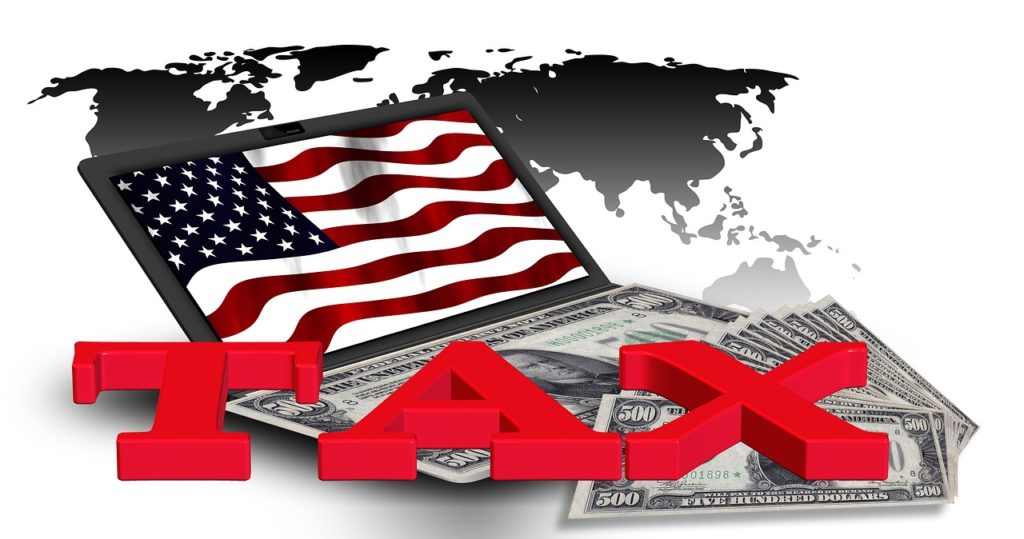
The IRS’s Offshore Voluntary Disclosure Program (OVDP) provides taxpayers with terms for resolving their civil tax and penalty obligations, while potentially protecting them from criminal liability. Recent high-profile offshore tax investigation revelations, such as the “Panama Papers,” has led to a surge in OVDP applications.
If you have undisclosed foreign accounts, then to avail yourself of yourself of OVDP protections, you must meet four factors that are laid out in the IRS’s Internal Revenue Manual (IRM): voluntariness, accuracy, completeness and timeliness.
- Voluntariness
The most critical OVDP criterion is voluntariness. You must proactively reach out to the IRS before you are under civil or criminal investigation. What makes this provision especially problematic, is that the IRS often investigates targeted taxpayers for several months — or even years — before it reveals the existence the investigation (typically through a letter).
- Timeliness
Voluntary disclosure must be timely, which means that your information must be presented to the IRS before any of the following occurs:
- The IRS has launched a civil examination or criminal investigation.
- The IRS notifies you that it intends to launch an examination or investigation.
- The IRS has received information from a third party (such as an informant, the media, other government agency, etc.) with information about your alleged noncompliance.
- The IRS has launched a civil examination or criminal investigation that is directly related to your specific tax liability.
- The IRS has received information directly related to your specific tax liability from a criminal enforcement action (such as a search warrant, grand jury subpoena, etc.).
- Accuracy
The IRS insists that all submissions you make are accurate. Ignorance of laws and rules, or following bad guidance, are not seen as mitigating factors.
Also keep in mind that, contrary to what many taxpayers believe, you cannot use your (incompetent or illicit) accountant a defense for submitting a tax return that contained false information, or was inaccurate. Since 2012, the IRS has established that it makes no difference whether an incorrect original return was self-prepared, or prepared by an accountant (or other tax preparer).
- Completeness
You must also commit to working with the IRS to determine your full and accurate tax liability, and once identified, make a good-faith attempt to pay your debt in full. Note, however, that this does not mean you must make full payment (including fines and interest) when you make voluntary disclosure. Rather, you must convince the IRS that you have the means and intent do to so in an appropriate and timely manner.
Next Steps
While the government has received billions of dollars through the OVDP since it launched in 2009, keep in mind that the IRS has no obligation to offer this program (i.e. it is not a legislated requirement). What’s more, the IRS will not work with you in consultative manner to help you take advantage of the OVDP. That is not their role, and they have no qualms about launching a civil investigation, or recommending that the Department of Justice launch a criminal investigation.
The safest — and frankly, the only — way to move ahead is by contacting an experienced tax attorney (not an accountant!), who will provide you with additional information that is specific to your case so you can protect your assets and your good name. If you agree that applying for the OVDP is in your best interest, then your attorney will lead you forward and represent you in dealing with the IRS.

